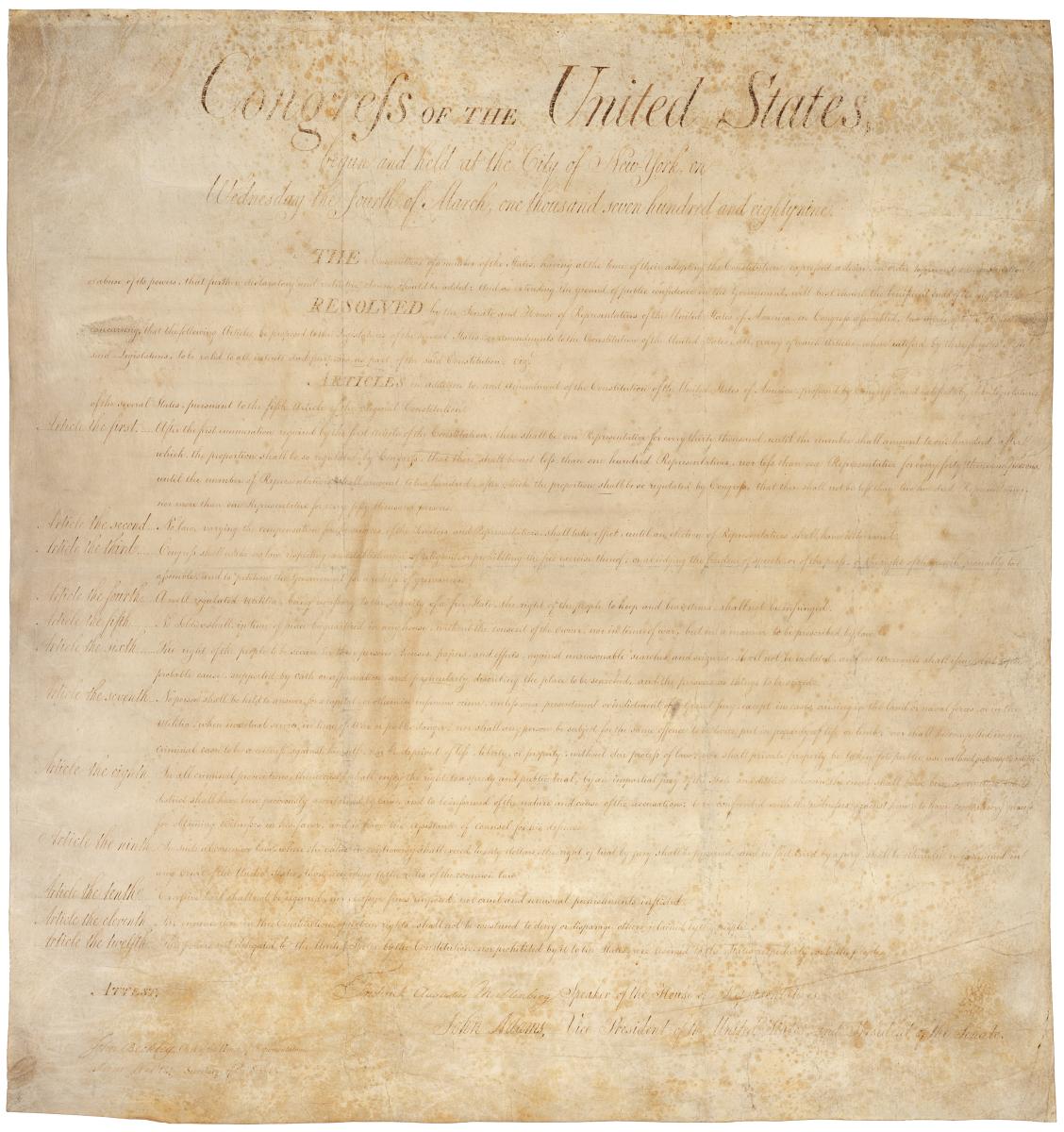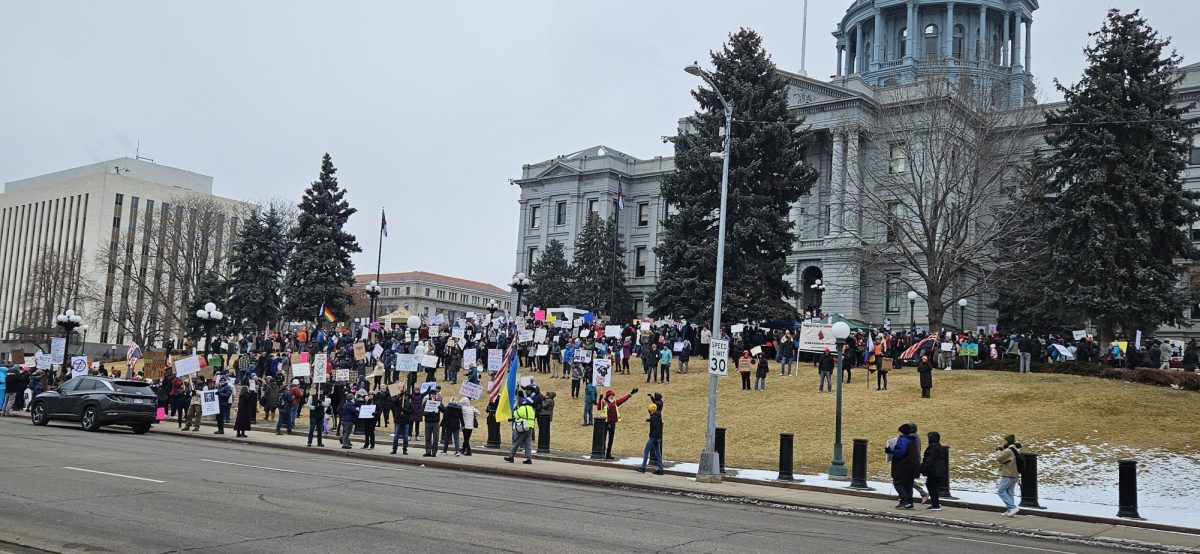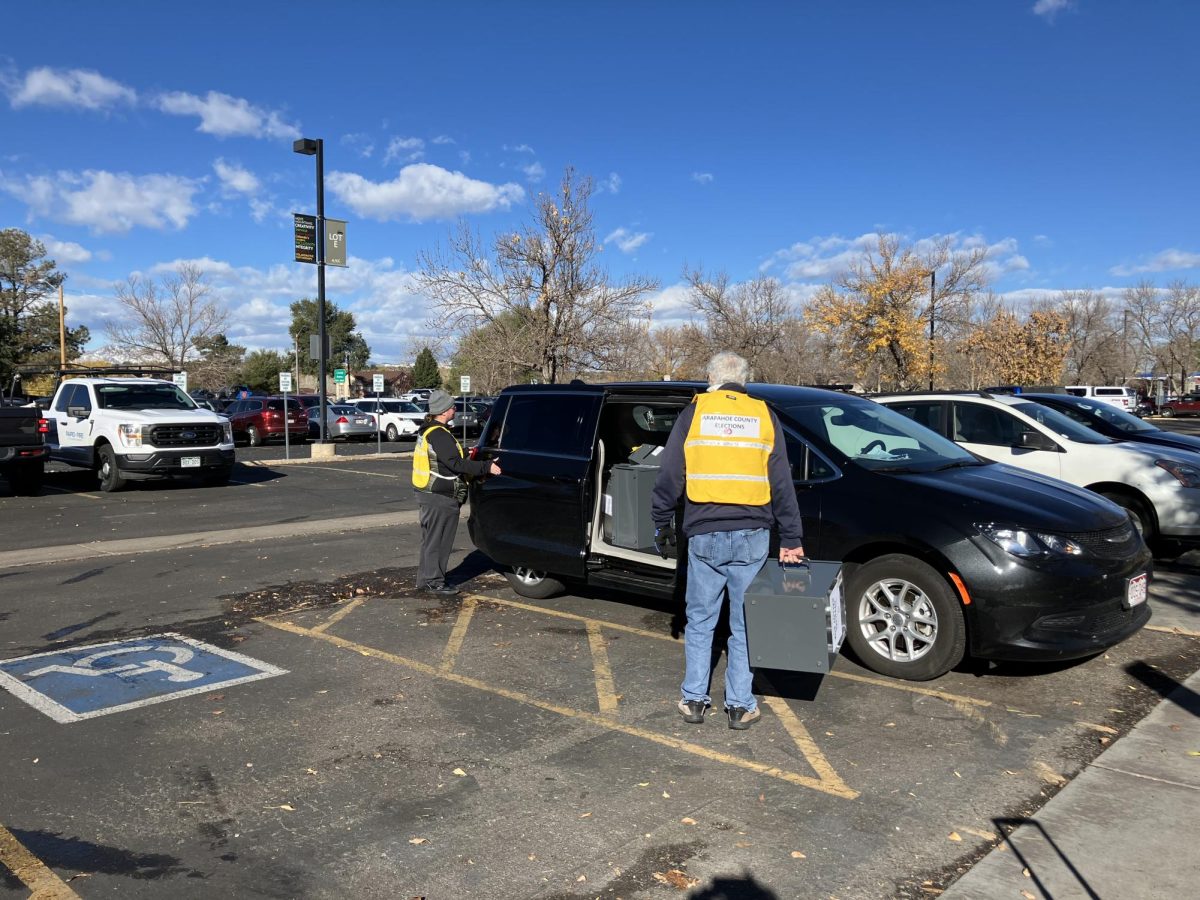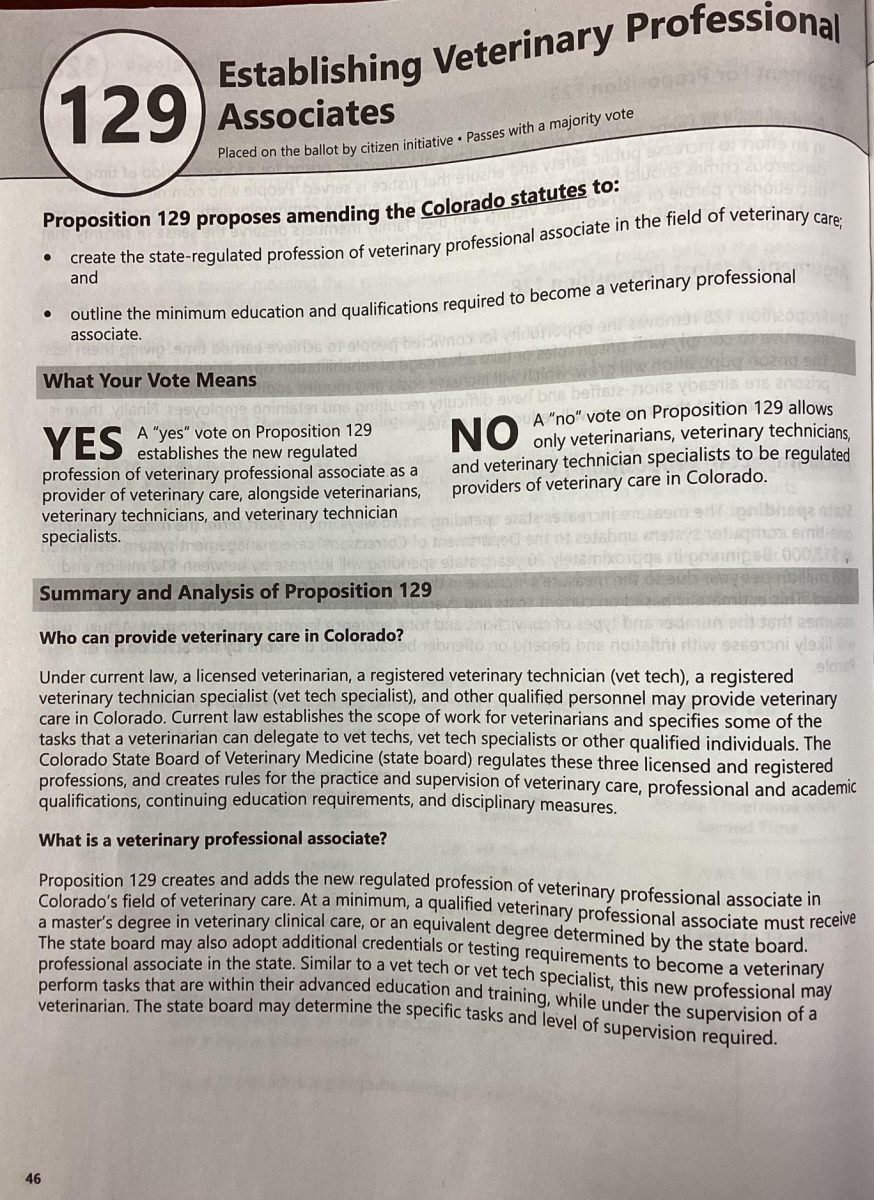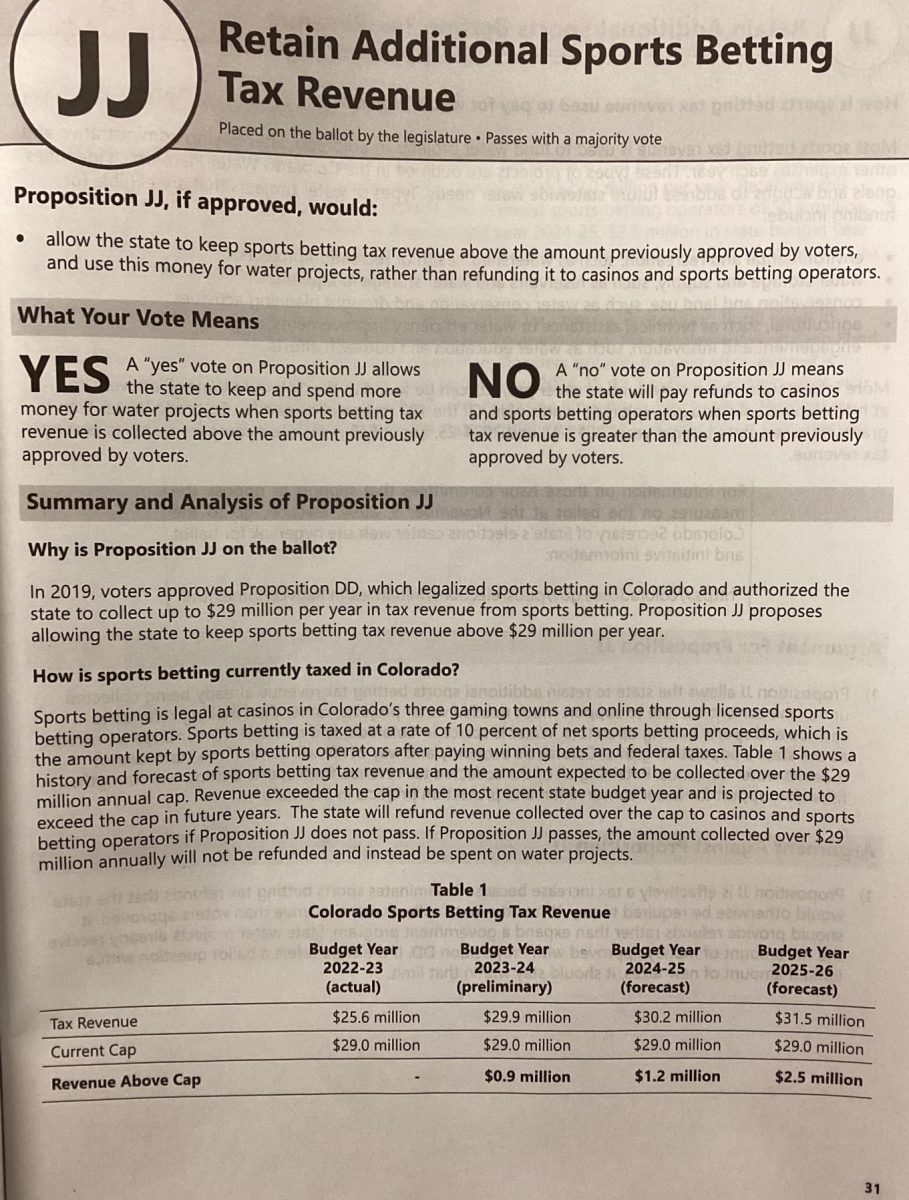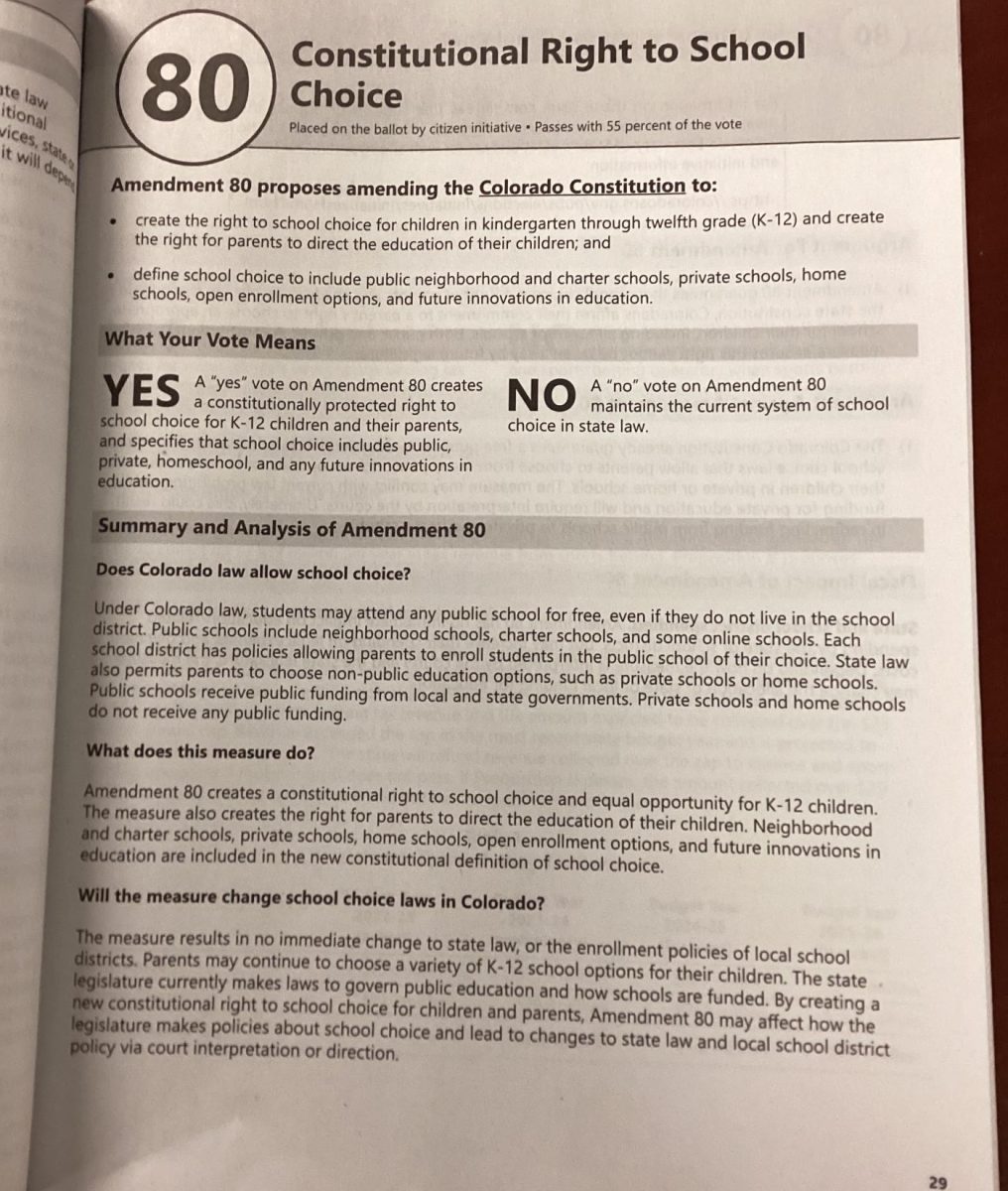Freedom of Speech is the cornerstone of what makes America the intensely vocal, creative, and proud country it is. It is also the lifeline for citizens to engage in free discourse and dissent without fear of government repercussions.
Yet, throughout American history, people in power have tried to push the boundaries of this freedom for personal or political gain. Practices such as jawboning, prior restraint and straight censorship have a long-standing and tumultuous relationship in America.
This year, the most widely known instance has been the alleged jawboning, or the inappropriate use of government authority to influence private entities, committed by the Trump administration to pressure Jimmy Kimmel off the air for remarks Kimmel made in the wake of the Charlie Kirk Shooting. Shortly after Kimmel made the comments, the administration began using the Federal Communications Commission (FCC) to pressure ABC News to remove Kimmel from the air; “we can do this the easy way or the hard way,” said FCC Chairman Brendan Carr.
ABC suspended Kimmel before returning him to air nearly a week later in the wake of civil rights concerns.
This Amendment also extends to American citizens who wish to assemble peacefully for discourse and protest. In the last month, Chicago, Ill., and its surrounding area have seen a drastic escalation of violence towards protestors from Immigration and Customs Enforcement (ICE) agents, including shooting a pastor in the head with non-lethal rounds. He and others affected by this escalation are working with the American Civil Liberties Union (ACLU) of Illinois and other watchdog organizations to sue the Trump administration for violating their rights to peaceful assembly.
Beyond the Oval Office, the First Amendment has faced new challenges since the start of the decade; social media, foreign influence and an era of deep political divisiveness regularly threaten this core freedom. International agents from Russia, China, and Iran allegedly used fake bomb threats, smear campaigns, and hacked campaign documents, respectively, to sway the American people’s vote during the 2024 elections for their own ends. This digital assault is an affront to the freedom of speech and aims to undermine the American citizen’s right to be well-informed and ultimately seeks to silence American voices.
The responsibility of free speech falls doubly on the shoulders of the press, whether it is a student paper or a media machine. A free press is one of the central conditions in the international doctrine of determining whether a country is democratic.
It is critical that members of the press, regardless of political affiliation or medium, have the right to inform the American People of the events happening in their country and hold leaders accountable by reporting factual information about their political leaders’ actions. Regardless, the free press has been under fire this year, with companies scrambling to deal with the retaliatory nature of the current administration.
Ultimately, the U.S. Government and its officials cannot infringe on its citizens’ rights to freedom of speech, peaceful assembly, and press publication. The First Amendment wasn’t chosen by the founding fathers lightly; it is the archstone that holds up all other amendments. As Benjamin Franklin wrote in his Silence Dogood letters, “without freedom of thought there can be no such thing as wisdom, and no such thing as public liberty without freedom of speech.”



